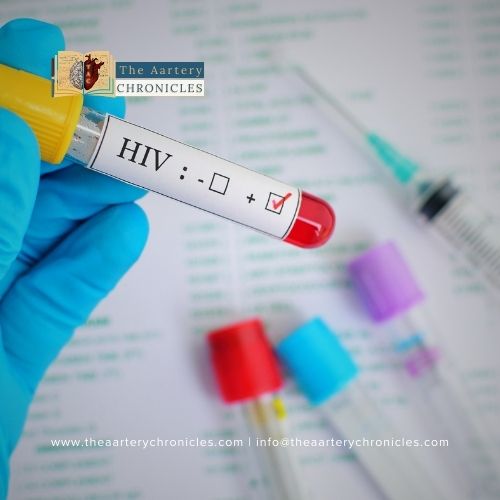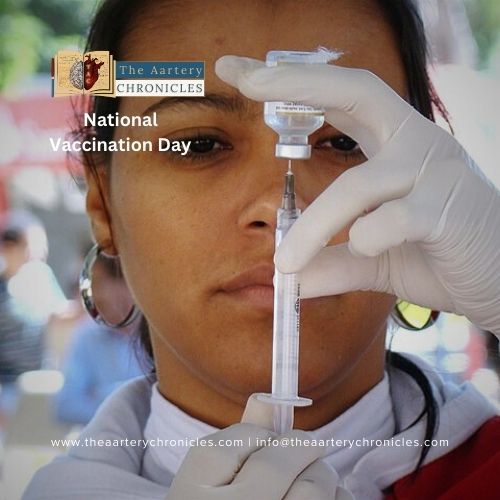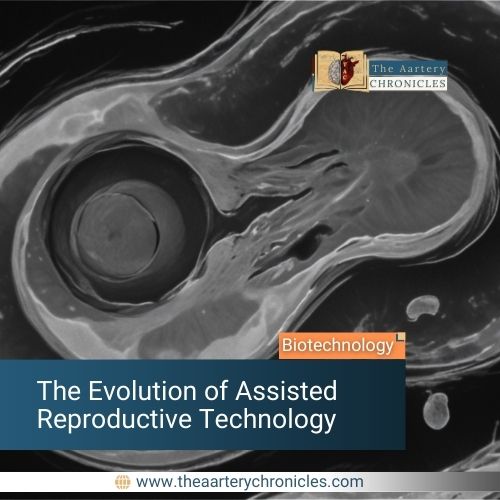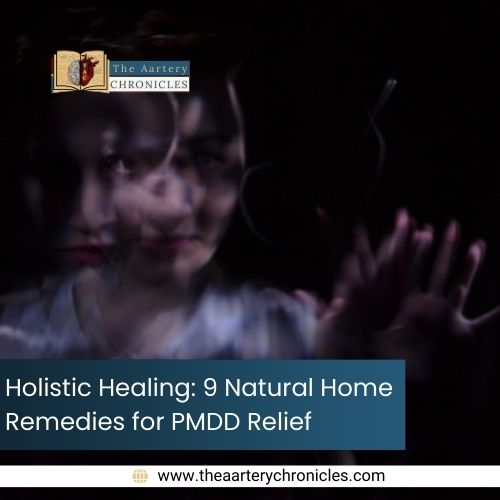
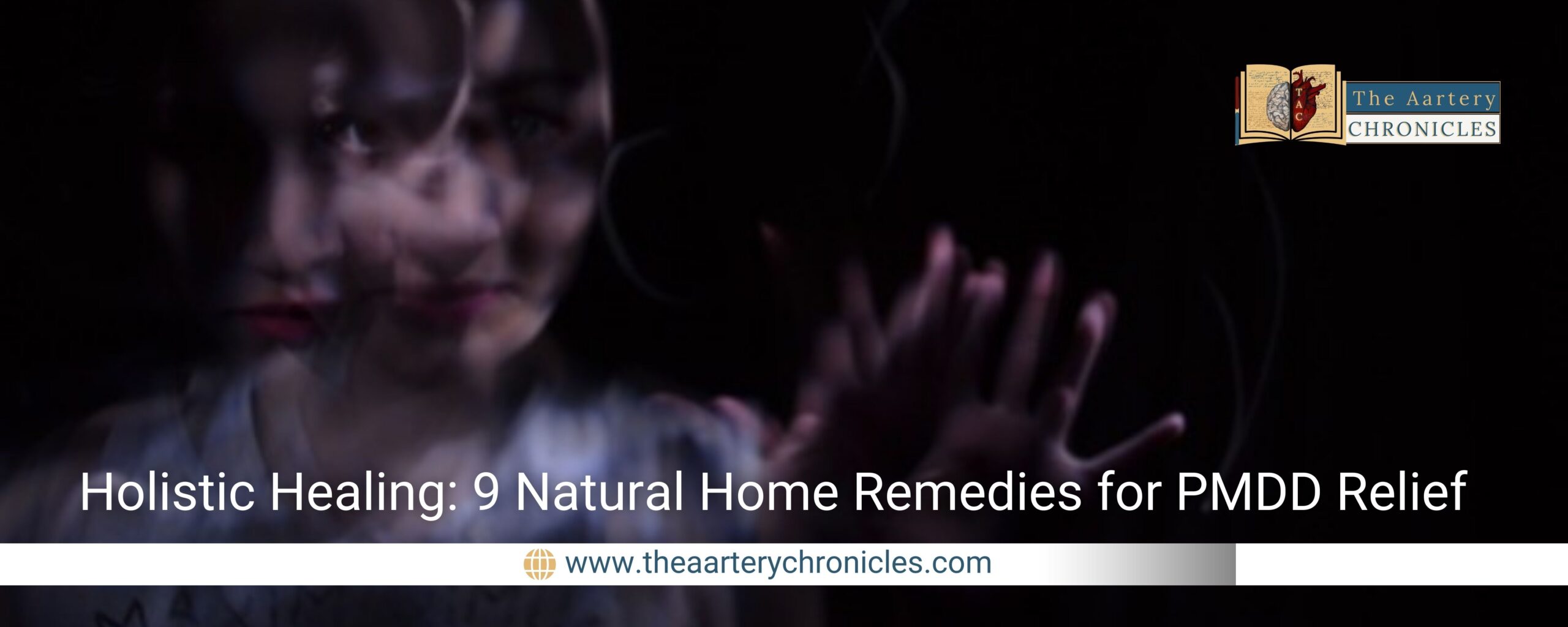
Holistic Healing: 9 Natural Home Remedies for PMDD Relief
Introduction
Premenstrual dysphoric disorder (PMDD) is an intense form of premenstrual syndrome (PMS) triggered by hormonal fluctuations, affecting approximately 2 to 5 percent of premenopausal women. While similar to PMS in symptoms like food cravings, irritability, and fatigue, PMDD symptoms are notably more severe and can significantly disrupt daily life, affecting both physical and emotional well-being
For those grappling with PMDD and seeking relief beyond traditional medication, incorporating natural remedies alongside professional treatment can be beneficial. Here are holistic approaches and home remedies that may help alleviate symptoms, focusing on enhancing well-being, promoting relaxation, and managing severity
1. Yoga
A 2016 study found that a 12-week yoga program can:
- Alleviate menstrual pain and improve physical function
- Significantly reduce abdominal swelling, cramps, and breast tenderness
- Enhance overall health perception, energy levels, and mental health
While the study focused on yoga classes tailored for women with PMS, regular yoga sessions are also beneficial for those with PMS and PMDD. [1]
2. Warm Bath
Warm baths help manage PMDD symptoms by relaxing muscles, alleviating cramps, reducing stress and anxiety, improving sleep, releasing endorphins, enhancing blood circulation, and promoting mindfulness and relaxation. [2]
3. Aromatherapy
Aromatherapy involves the use of fragrant plant oils to deliver physical and psychological benefits. While evidence on its effectiveness is mixed, many individuals find it helpful for managing stress, pain, and sleep issues.
Popular oils for PMDD relief include:
- Chamomile to enhance relaxation and improve sleep
- Clary sage to alleviate menstrual cramps and anxiety
- Lavender for its calming effects
- Neroli to reduce anxiety
- Rose to ease stress [3]
4. Exercise
Engaging in regular physical activity, such as yoga, walking, or swimming, can boost endorphin levels and alleviate symptoms of depression and anxiety associated with PMDD, as well as relieve physical pain.
For optimal outcomes, incorporate a combination of aerobic exercises and strength training into your weekly routine. For adults, it’s advisable to aim for:
- Either 150 minutes of moderate-intensity aerobic activity or 75 minutes of vigorous-intensity aerobic activity per week
- Engage in strength-based exercises targeting all major muscle groups at least two days per week [4, 5]
5. Diet
A healthy diet can help manage PMS symptoms and likely improve PMDD symptoms, such as anxiety and bloating. A healthy diet can minimize discomfort and prevent exacerbating symptoms.
It is recommended to:
- Avoid salty food, as they tend to increase bloating
- Incorporate plenty of fruits and vegetables into the diet
- Choose whole-grain food over processed food items
- Eat small, frequent meals to help combat bloating and stomach upset
- Steer clear of caffeine
- Limit alcohol [4, 6, 7]
6. Maintain proper sleep hygiene
It is imperative to prioritize good sleep hygiene by maintaining a consistent sleep schedule, creating a relaxing bedtime routine, and setting up a sleep environment that fosters peaceful rest. Poor sleep can exacerbate PMDD symptoms such as low mood, fatigue, and increased sensitivity to pain. Hence, it is recommended for adults to aim for 7-9 hours of quality sleep each night. [4, 7]
7. Supplements
If obtaining the recommended levels of vitamins and minerals from food is challenging, dietary supplements can be beneficial. For individuals experiencing premenstrual symptoms, supplements that can help in managing PMDD symptoms are:
- Magnesium
- Calcium
- Vitamin E
- Vitamin B6 [7]
However, it’s crucial to consult a doctor before using supplements, particularly if taking other medications or having underlying health conditions.
8. Acupuncture
Acupuncture is a practice that involves the insertion of thin needles into specific body points and is believed to enhance blood circulation and stimulate the body’s natural healing abilities.
A systematic review suggests that acupuncture holds the potential for relieving PMS symptoms, although further high-quality studies are necessary for confirmation. Nevertheless, acupuncture presents a low-risk treatment option that could offer benefits for individuals dealing with PMS. [6, 7]
9. Herbal Remedies
Herbal remedies have been utilized for centuries to address various health issues, including hormone-related conditions. While their effectiveness in treating PMDD or PMS lacks scientific evidence, some women claim to find relief from certain age-old herbal remedies. A few herbal remedies that are worth considering include:
- Evening primrose oil: Evening primrose oil, rich in gamma-linolenic acid (GLA), an omega-6 fatty acid, is believed to regulate hormones and reduce inflammation. A 2019 study indicates that evening primrose oil might effectively treat symptoms of PMDD, including breast tenderness, irritability, and bloating.
- Chasteberry: Chasteberry is believed to lower prolactin levels and alleviate breast pain [4]
It’s important to approach herbal remedies cautiously, as they can lead to adverse reactions and interact with other medications. Always seek guidance from a doctor or qualified natural health practitioner before taking herbal medicines.
Conclusion
PMDD can disrupt a person’s quality of life and daily functioning, but it’s manageable through lifestyle adjustments, natural remedies, or medications. Some individuals may require a combination of these approaches. Once they discover the most effective treatment or combination, they are likely to experience symptomatic improvement.
- Effect of Yoga Exercise on Premenstrual Symptoms among Female Employees in Taiwan - PMC (nih.gov)
- Overview: Period pain - InformedHealth.org - NCBI Bookshelf (nih.gov)
- Most Commonly Used Essential OIls | National Association for Holistic Aromatherapy (naha.org)
- Diagnosis and Treatment of Premenstrual Dysphoric Disorder | AAFP
- 2015-2020 Dietary Guidelines | health.gov
- Premenstrual Dysphoric Disorder (Formerly Premenstrual Syndrome) - Endotext - NCBI Bookshelf (nih.gov)
- Premenstrual syndrome (PMS) - Diagnosis & treatment - Mayo Clinic



